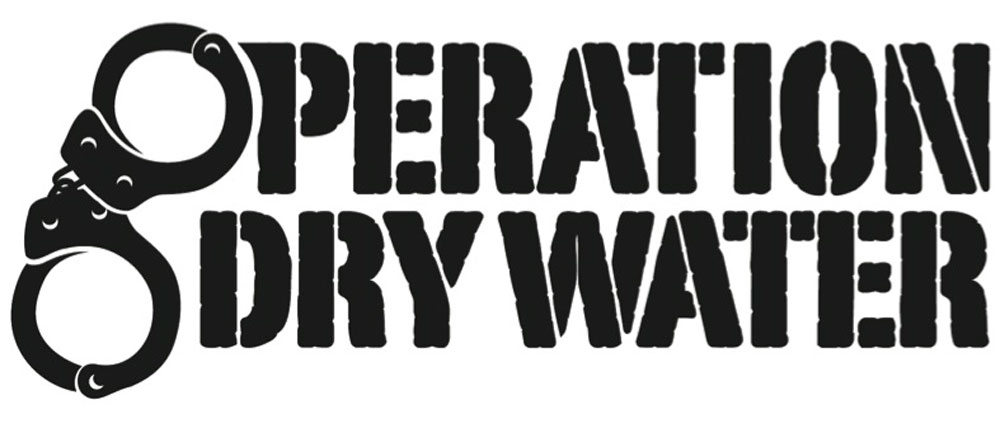NASHVILLE — The Tennessee Wildlife Resources Agency will be participating in Operation Dry Water, July 3-5. Operation Dry Water is a weekend of education and enforcement about the dangers of impaired boating throughout the state.
The July 4th holiday means an increase in boater activity on the water, and there is also an increase in the number on incidents during this time. The TWRA is teaming with the U.S. Coast Guard and the National Association of State Boating Law Administrators (NASBLA). Operation Dry Water was started by the NASBLA in 2009. It has been a highly successful campaign drawing public attention to the dangers of boating under the influence (BUI).
The TWRA will be on heightened alert for boating under the influence infractions. Over the course of the July 4th holiday, law enforcement officers will also be working to increase public awareness of the dangers of boating under the influence of alcohol or drugs, for both operators and passengers. Boaters will notice an overall increase in officer patrols on the water. The combined efforts of the participating law enforcement agencies will result in the removal of impaired operators from our state’s waterways, providing a safe and enjoyable experience for boaters.
“Each year, our state suffers boating incidents and tragedies that could have been avoided if it weren’t for the presence of drugs or alcohol. Our job is to protect those in the communities we serve and to ensure that recreational boaters, paddlers, fishermen, and others who visit our waters are able to enjoy their time with family and friends safely,” said Cpt. Matt Majors, TWRA Boating Investigator. “Our Agency is joining all states and U.S. territories to do our part in keeping boaters safe and preventing incidents caused by boating under the influence.”
In 2020 during Operation Dry Water, there were eight serious injury boating-related incidents. There were 11 boating under the BUI arrests made across Tennessee.
Operating a boat with a Blood Alcohol Content of .08 percent or higher is illegal in Tennessee, the same as operating a motor vehicle. Penalties may include fines, jail, boat impoundment and the loss of boat driving privileges.
Alcohol use is the leading contributing factor in recreational boater deaths. Sun, wind, noise, vibration, and motion intensify the effects of alcohol, drugs, and some medications.
For more information on Operation Dry Water, visit www.operationdrywater.org.



